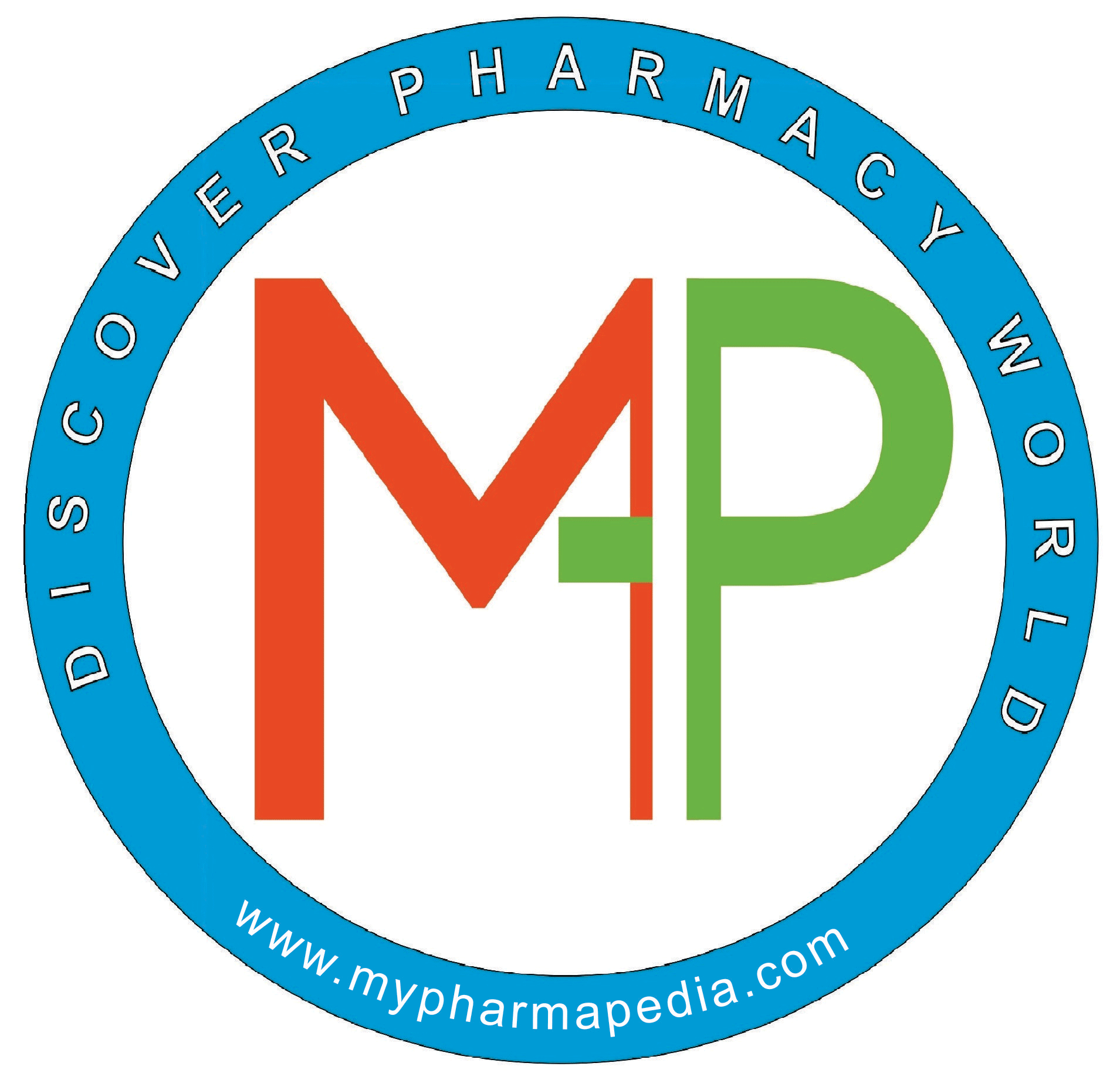CANADA
New registration procedure for international pharmacy graduates
All international pharmacy graduates (IPGs) who wish to obtain a license to practice pharmacy in Canada have to go through the Pharmacists’ Gateway Canada (http://www.pharmacistsgatewaycanada.ca), which now onwards will be the first point of access.
1. ENROLLMENT- Pharmacy Regulatory Authorities (PRAs) across Canada support that enrolment in the Gateway be the first step in the licensure process. If you wish to practice in Québec, the enrolment is optional, but you may want to consider its advantages and try the self-assessment tools. It is strongly recommended that you use the self-assessment tools before enrolling in the Gateway. These tools will help you to understand the Canadian licensing process and the realities of the work environment.
2. DOCUMENT EVALUATION- Your personal identification documents, pharmacy degree, educational transcripts and licensure statements will be evaluated by the Pharmacy Examining Board of Canada ,PEBC. (http://www.pebc.ca/) Please note: The minimum requirement is a four-year undergraduate degree in pharmacy. If your educational credentials and licensure statements are acceptable, you will be eligible to write the Pharmacist Evaluating Examination.
3. EVALUATION EXAM- This exam evaluates whether your pharmacy education is comparable to that of Canadian pharmacy graduates. It will test your knowledge about the different areas of pharmacy that are learned in Canadian programs. You must pass the Evaluating Examination to be eligible to write the Qualifying Examination (Part I and Part II).
4. QUALIFYING EXAM- Determines if your knowledge, skills and abilities are suitable for practising pharmacy safely and effectively in an “entry level" position.
This exam has two components; Part I is a Multiple Choice Question (MCQ) format and consists of two consecutive half-day sittings. Part II of the Qualifying Exam is presented in an Objective Structured Clinical Examination (OSCE). This part of the exam consists of a series of interactive and non-interactive “stations” simulating common and/or critical practical situations in pharmacy practice. The scenarios often include interactions with actors portraying simulated patients, caregivers and health professionals and may involve identifying and solving patient’s drug-therapy problem’s, communicating effectively, and working with other health professionals.
1. APPLY TO PRA- You must formally apply to the Pharmacy Regulatory Authority (PRA) in the province or territory in which you want to work. While PRAs have many similar requirements, each jurisdiction may have variations or unique conditions for licensure.
2. PRACTICE TRAINING- Each Pharmacy Regulatory Authority (PRA) requires that candidates complete a training program in a licensed pharmacy.
In Québec, the Ordre des pharmaciens du Québec (OPQ) will evaluate your educational transcripts including the course descriptions and professional certifications. They will determine whether your education and training meets the Québec requirements. The OPQ may decide that you need additional training to qualify for a license. The process is different for candidates from France.
LICENSE REGISTRATION- This is the last step in the licensure or registration process. The Pharmacy Regulatory Authority (PRA) will confirm that you have successfully completed all of the requirements to be licensed.
LANGUAGE PROFICIENCY- You may also need to pass an English language proficiency exam, such as TOEFL (see http://www.ets.org/toefl). But, if you wish to work in the Quebec province you will need to pass a French language proficiency exam instead. The Provincial Regulatory Authorities have an obligation to ensure that a pharmacist’s language skills are at an acceptable level for Canadian practice.
BRIDGING PROGRAM- You may be asked to complete a pharmacy ‘Bridging Program’; these were developed to assist International Pharmacy Graduates (IPGs) meet Canadian practice standards. Enrolling in such bridging program can help improve your skills and greatly increase your chances of success.
JURISPRUDENCE EXAM- You may also have to give a Jurisprudence exam to prove your knowledge of Canadian federal and provincial drug and pharmacy practice laws, regulations and the code of ethics for the province to which you are applying.
